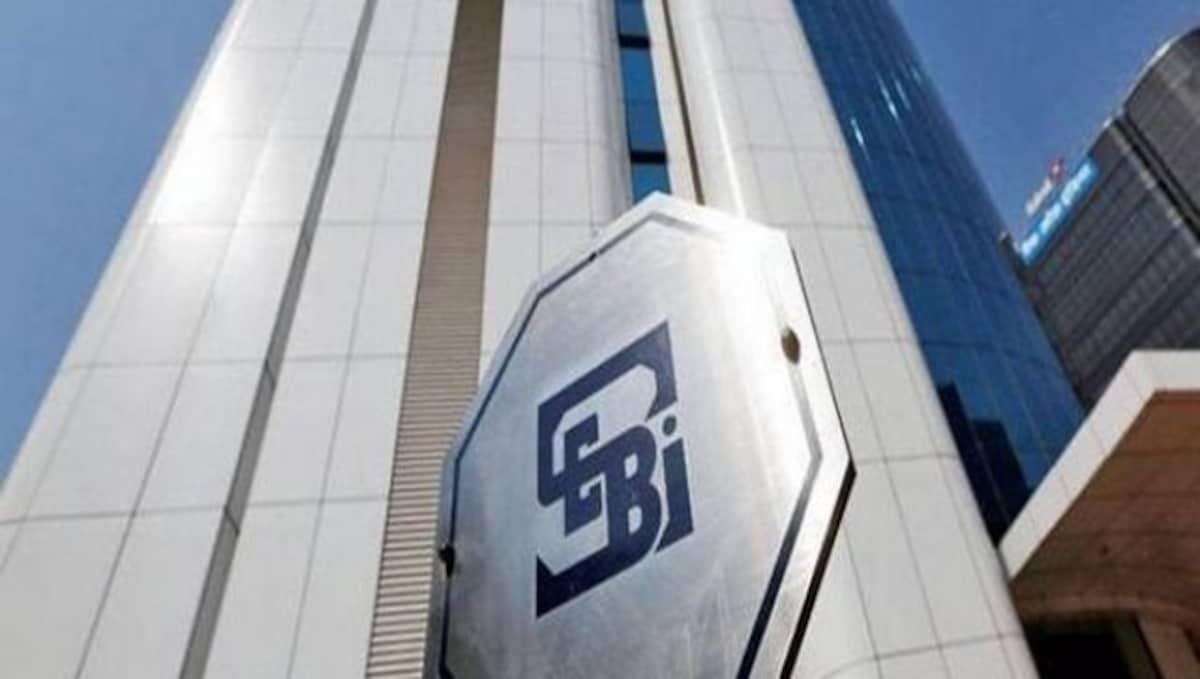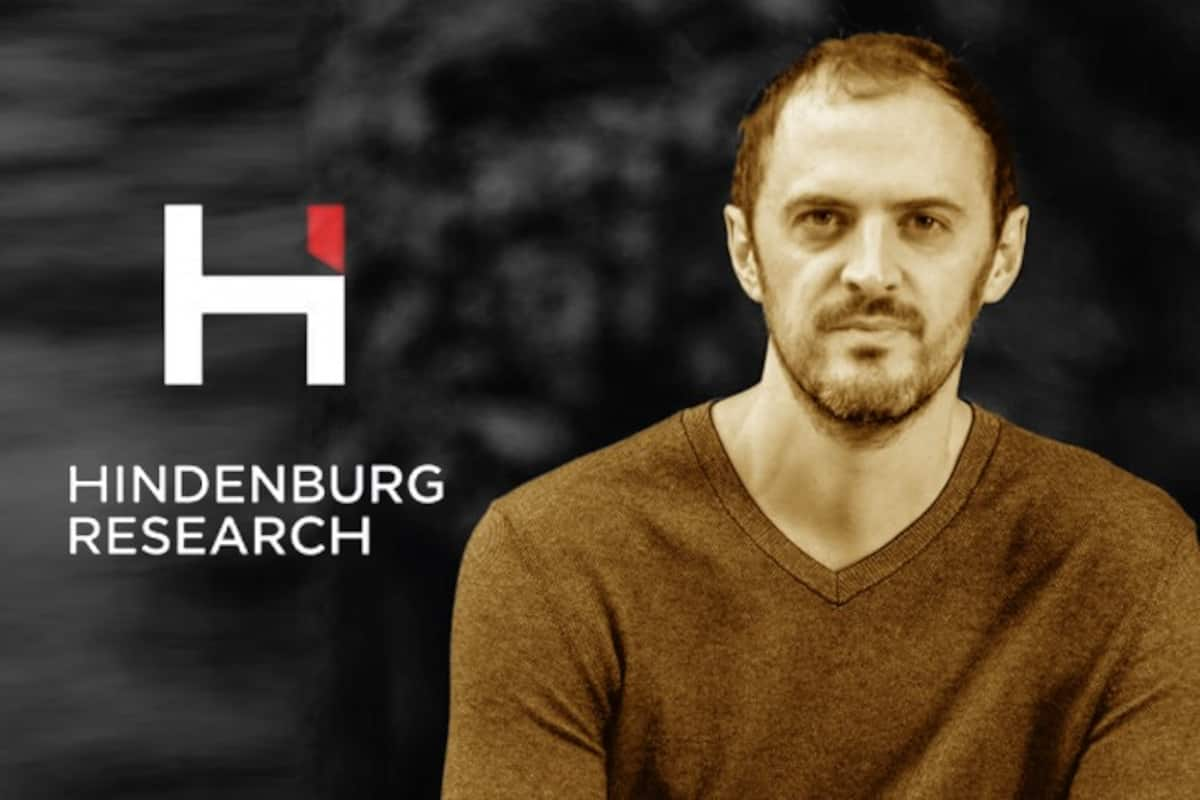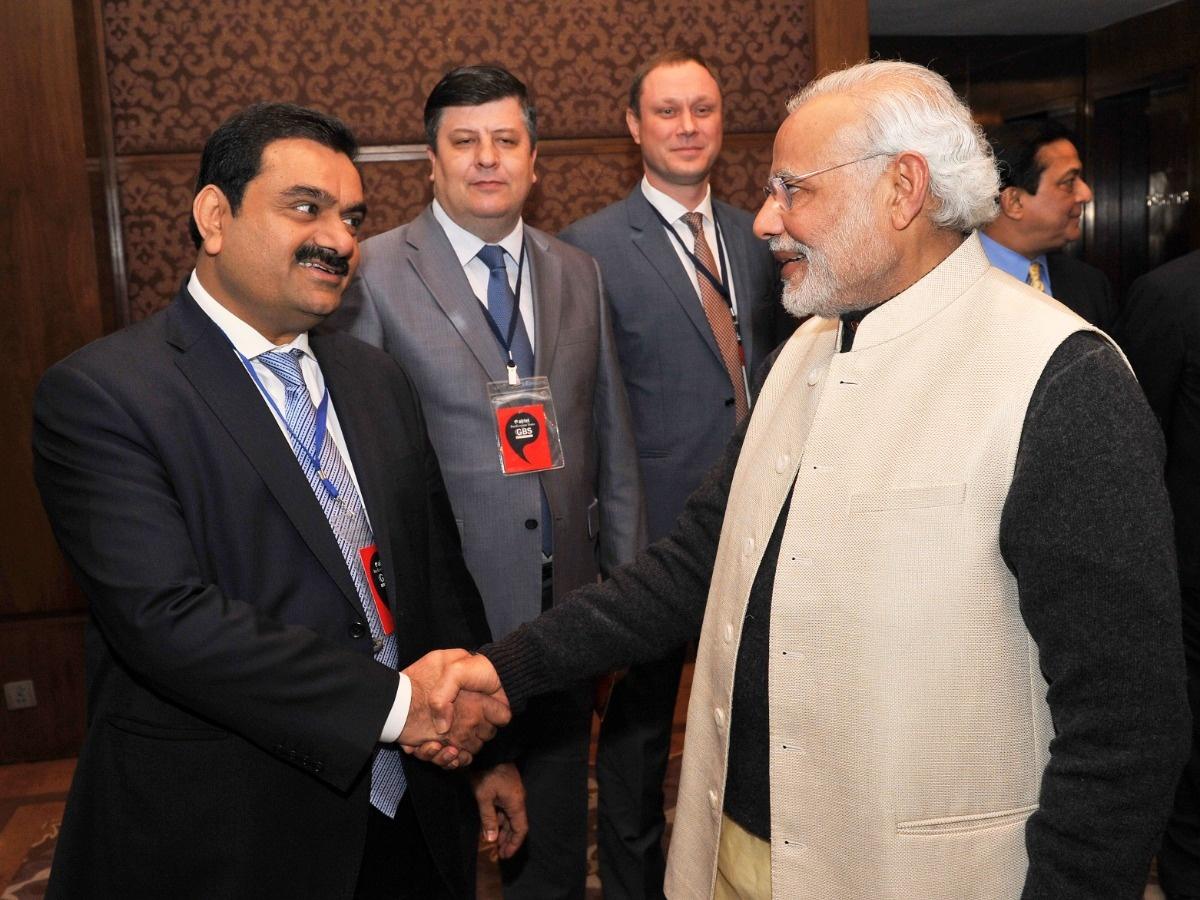The Court Investigation Into The Adani Short Seller Issue Puts India’s Institutions To The Test
SEBI has three months to complete probe: Supreme Court

In their efforts to probe the bombshell claims leveled against the Adani Group of companies by Hindenburg Research, the nation’s highest court, and financial regulators will have their best chance to demonstrate the country’s commitment to safeguarding its most powerful firms.
A six-member expert panel was appointed by the Supreme Court on March 2. The panel conducting an investigation into any regulatory mistakes and indicating changes for investor protection has submitted its report to magistrates in a sealed envelope. It was reported by a person who is acquainted with the matter and declined to be identified because the information is private.
Proofread & Published By Naveenika Chauhan

When the case is heard again on Friday, the court might open it, according to this person. In early March, the court also requested SEBI, known as the Securities and Exchange Board of India, to investigate Hindenburg’s allegations of corporate fraud, which the group has rejected. SEBI was ordered to look into any violations of Section 19 of the SEBI rules and potential stock price manipulation.
The regulator is demanding an additional six months past the two-month deadline to obtain more financial information both locally and internationally. India’s PM, Narendra Modi, has remained relatively quiet on the issue despite opposition party attacks.
These inquiries are the most important way that India can signal to buyers that it is ready to scrutinize its strongest firms and bring them closer to global corporate governance standards. Following a flurry of public interest petitions, the Supreme Court has weighed in.
According to a person familiar with the situation, SEBI advised the expert group, which included renowned Indian bankers, retired judges, and technology mogul Nandan Nilekani, that Adani enterprises pose little risk to investors. According to the source, the majority of the enterprises in the ports-to-power complex have reported high revenues, and there are no signals of more market instability.

Nonetheless, there is widespread expectation that the Supreme Court or SEBI will eventually suggest modifications to corporate governance structures in response to the Adani Group’s unusual market rout and global investigation. At the very least, tighten rules around practices that US short seller Hindenburg exploited.
SEBI is also investigating alleged violations of insider trading and short-selling rules. The Adani Group has described Hindenburg’s actions as “a calculated securities fraud” and an attack on Indian financial institutions.

“This is their opportunity to say, ‘You know what? It won’t happen again,” said Sharmila Gopinath, expert advisor in India for ACGA (Asian Corporate Government Association). “You need deep reform and authorities who are sufficiently powerful to enforce the rules.”
Both SEBI and Adani Group weren’t responsive to requests for comment on the court-ordered investigation or the panel’s report.
The Byzantine Web
The Hindenburg investigation, released on January 24, outlined a complex web of offshore shell businesses controlled by the Adani family in tax havens such as the Caribbean, Mauritius, or the UAE. It was alleged that they were used for facilitating money laundering, corruption, stock price manipulation, and taxpayer theft.
Despite the Adani Group’s repeated denials, the resulting market selloff has knocked $100 billion off the overall worth of its listed firms. Hindenburg drew attention to the fact that Gautam Adani’s unknown older brother, Vinod Adani, serves as the chairman of various global firms that are either shareholders in or interact with Adani’s empire.
The US short seller described it as “a vast maze of offshore shell entities” that transferred billions of dollars of assets to Adani firms without disclosing the “related party nature of the transactions.” The Adani Group has long maintained that it is entirely compliant with Indian rules regarding disclosures.
Mauritius’ Minister Mahen Kumar Seeruttun informed Bloomberg in February that there had been no violation of regulations in his country. “Money is frequently channeled via several tax havens with loose and varying disclosure requirements, creating a new set of challenges for the investigator,” said Navajyoti Samanta, a professor at the University of Leicester.
He proposed that Indian institutions and their international counterparts adopt a simplified data-sharing standard operating procedure. The Supreme Court’s probe into claims concerning the Adani Group of companies, along with the wider regulatory system that surrounds it, is unique for Indian firms.
While the Supreme Court has previously convened expert groups on political hot-button matters, They include India’s three farm policies and the implementation of Pegasus computer spyware on journalists, activists, and politicians.
Those were largely domestic issues. Sector regulators conducted investigations into corporate failures like Satyam Computers’ 2009 audit fraud, diamantaire Nirav Modi‘s 2018 banking fraud, and the downfall that followed the Infrastructure Leasing-Financial Services Group.
Culpability was either admitted by firm executives or it had defaults that caused regulators to intervene. So far, no misconduct has been proven by the Adani Group, nor has it failed on any repayments. As Indian corporations increasingly use global pools of cash, the legal and regulatory attitude adopted in the Adani case might establish a precedent.
Excessive Valuations
Another problem SEBI is looking into is anomalous trading in Adani stocks. A short-seller-triggered slump punctured the tycoon’s enterprises’ astronomical valuations, which had been causing increasing worry last year. The skyrocketing valuations of Adani stocks were “constantly under question, but not its assets,” according to Amit Tandon, managing director of proxy advisory at IIASI Ltd.
Clarity is required regarding who owns abroad funds having investments in Adani enterprises, as well as who benefits from the money pouring in and out of the conglomerate. The offshore money came under scrutiny when the stock prices of Adani enterprises soared much above market estimates of local and worldwide peers, propelling Gautam Adani to become the world’s second-richest man last year.
“The takeaway is that maybe we need stronger declarations on beneficial ownership and regulatory systems to trace financial flows,” Tandon added.
The upheaval surrounding Adani, according to billionaire investor George Soros, will significantly weaken Modi’s hold on power and trigger a “democratic revival” in the nation, he claimed in February. Soros had especially criticized the cozy alliance between Modi and Adani.

Both men are from Gujarat, a state in western India. Early on, Adani backed Modi’s political ambitions and promoted his vision for India’s economic development.
Soros claimed that Adani Enterprises attempted to raise money on the stock market but was unsuccessful. “Business tycoons Adani and Modi are close friends, and their futures are entwined. Adani is suspected of manipulating the stock market, and his stock dropped precipitously. Modi is mute on the matter, but he will need to respond to inquiries from outside investors and in front of the legislature, the investor continued.
Aswath Damodaran, a professor of finance, said in a recent blog post that the Adani Group has taken advantage of the “weakest links” in Indian institutions. He added that the Adani incident offers a chance for Indian organizations to draw conclusions and work to address the issues.
“I discovered not to ascribe to cruelty or fraud that may be caused by inertia and indifference, regarding the organizations concerned, such as banks, regulatory agencies, and LIC”, the economist mentioned on his blog a few months back.
The Supreme Court of India stated in March that its direction was inspired by the “loss of wealth invested in the stock market over the past few weeks due to a sharp drop in the value of the shares of the Adani Group of companies”. There was also a need to safeguard Indian investors from volatile markets.
The petitions were demanding to investigate issues involving “public funds,” potentially in jeopardy since public organizations including the SBI and the LIC have been open to the Adani Group, according to the court decision.




